Following the big lockdown, everybody who could work from home did, and reported amazing results.
Productivity was up, people exercised more, dogs were happier; inevitably, many have concluded that a massive shake-up as to how we work is upon us. Should it be?
Have we really entered a phase of astonishing productivity simply by logging on from home in our pyjamas and uploading cool Teams backgrounds, or was the increase in productivity an artefact of there being nothing else to do during the big lockdown? Working from home might not be so fruitful now that gyms, restaurants, pubs and movie theatres are back up and running.
Nevertheless, workplaces are now abuzz with new fads – hot-desking, open-plan, remote working – and we would be wise to think long and hard about these things before embracing them.
Law firms, in particular, need to think this through, and genuinely assess the pros and cons of radical changes to the workspace, not just the savings to be made on the lease.
So as we peer tentatively out of our work-from-home caves, like the protagonists in David Bowie’s Future Legend, and blink in the bright light of freedom, it might be worth checking out what the science says about our (potential) Brave New World (hey, science saved us from the pandemic, it can probably help out in the office too).
A place of our own
A quick look at any desk or workstation will reveal – in addition to standard tools of the trade like computers, phones and in-trays – personal items of the person who works there, such as photos of loved ones, drawings done by their children, employee of the month awards, etc. These personal pieces don’t just make us feel good – they make us more productive.
Research shows that when people occupy a workplace they consider their own, their confidence increases, they are more efficient, less distracted and more likely to stand up for themselves. Many studies have shown that, when we have ownership of our work environment, our mental and perceptual processes operate more efficiently.1
This helps explain an increase in productivity when working from home, but also throws a bit of cold water over the hot-desking concept. Anyone contemplating that might need to factor in whether saving on office space might be offset by lower productivity from a disenfranchised workforce.
Total control
Well, perhaps not total, but there is no question that workers who have control over how their workspace looks tend to perform better than those who don’t.
Psychologists Craig Knight (University of Exeter) and Alex Haslam (University of Queensland) set up an experiment2 in which subjects performed a series of tasks in four different office environments: a bare, minimalist office; an office with posters, potted plants and the like; one which the participants could decorate and arrange as they liked; and one in which their chosen arrangement was re-arranged in front of them and without their consent.
The participants in the office that could be arranged and decorated as they liked were 15-30% more efficient than the others. That is striking from a productivity point of view, given that it shows that in the right environment three people could do the work of four. It is another vote for allowing employees to personalise their environments, and another nail in the coffin of hot-desking.
Open slather
Open-plan offices were a happening thing (and controversial) even before the pandemic, and are now being touted as the way of the post-pandemic future. With employees content to work from home, so the hypothesis goes, office space can be maximised by moving to open plan for those who do come in, and firms can save money by leasing less office space. What’s more, the open design allows greater staff interactivity and promotes creativity.
Except, unfortunately, it doesn’t. Human beings are prisoners of evolution, and we evolved to monitor our surrounds constantly; the same instincts that stopped our ancestors becoming sabre-toothed tiger food also prevent us from concentrating effectively in environments with lots of distractions, such as offices.
This is especially the case when we hear one-sided conversations (like a colleague on the phone). Lauren Emberson of the University of British Columbia, Canada, has found that hearing half a conversation is even more distracting than hearing a whole one.3
If you think this might be offset by an increase of creative interactions in the open-plan office, prepare to be disappointed. Researchers using devices called sociometers monitored staff interaction in open-plan offices, and found that people are less likely to have face-to-face interactions in an open-plan environment.4
This is not to say that there might not be professions where an open-plan office will work very well, but the legal profession – with our need to concentrate on lengthy documents and complex concepts, not to mention confidentiality issues – is probably not one of them.
The bottom line
The post-pandemic workplace will no doubt be different from the traditional office, and vary from place to place; there is no one-size-fits all answer.
That said, by being guided by the science we can at least restructure our work spaces to make employees happier, healthier and more productive. That means leaving the fads out of it and giving workers a space that is truly theirs, controlled by them, and which provides as much privacy as possible. It isn’t rocket science, but it is still science.
Shane Budden is a Special Counsel, Ethics, with the Queensland Law Society Ethics and Practice Centre.
Footnotes
1 ‘Thinking Space’, New Scientist 14 August 2021, No.3346, Annie Murphy Paul.
2 ‘The Relative Merits of Lean, Enriched, and Empowered Offices: An Experimental Examination of the Impact of Workspace Management Strategies on Well-Being and Productivity’, Journal of Experimental Psychology Applied June 2010 16(2):158-72, Craig Knight, S Alexander Haslam.
3 ‘Overheard cell-phone conversations: when less speech is more distracting’, Psychol Sci October 2010, Lauren L Emberson, Gary Lupyan, Michael H Goldstein, Michael J Spivey.
4 ‘The impact of the ‘open’ workspace on human collaboration’, Philosophical Transactions of the Royal Society B: Biological Sciences 2 July 2018, ES Bernstein, Stephen Turban.



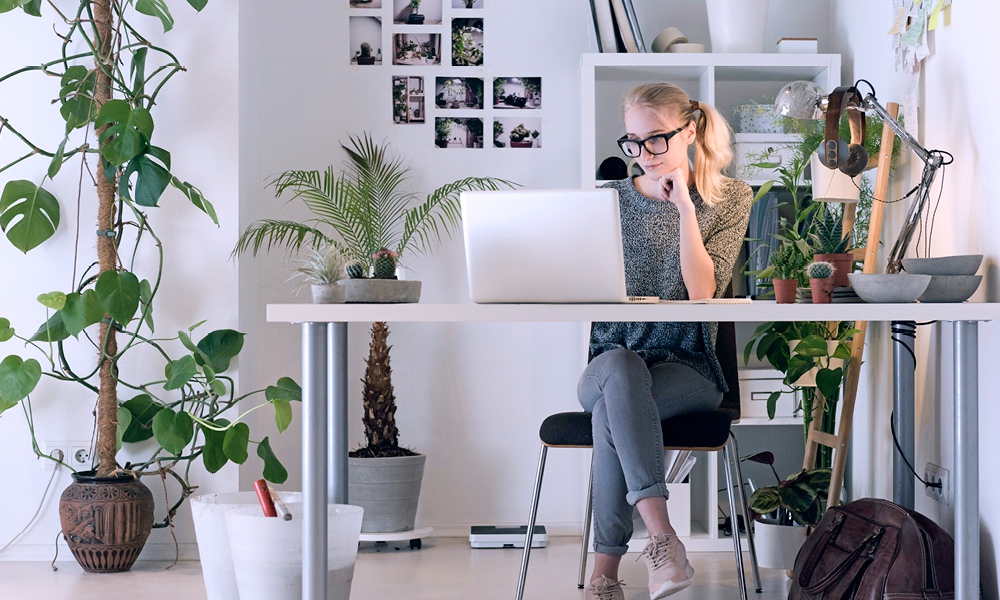

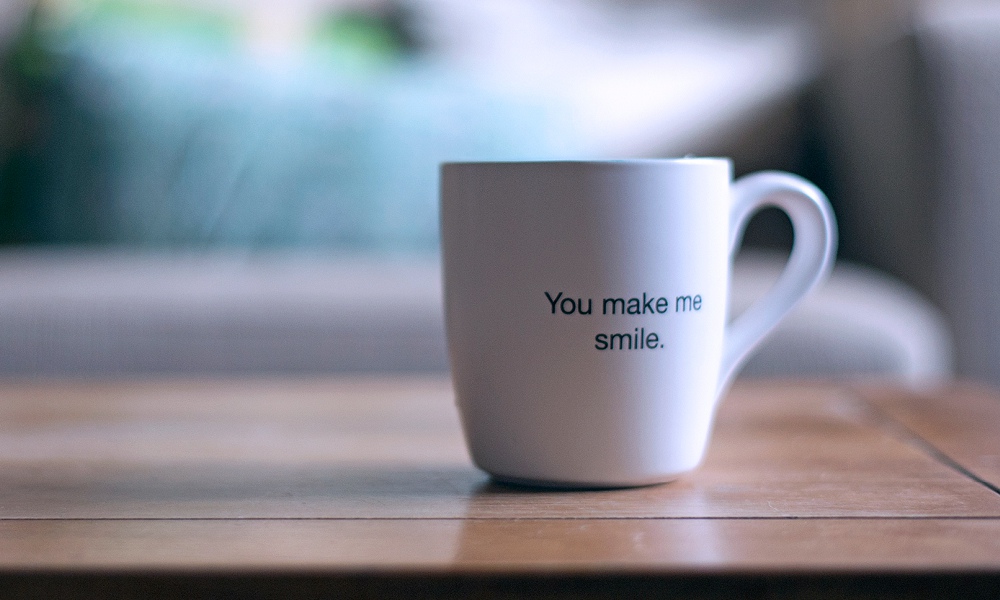


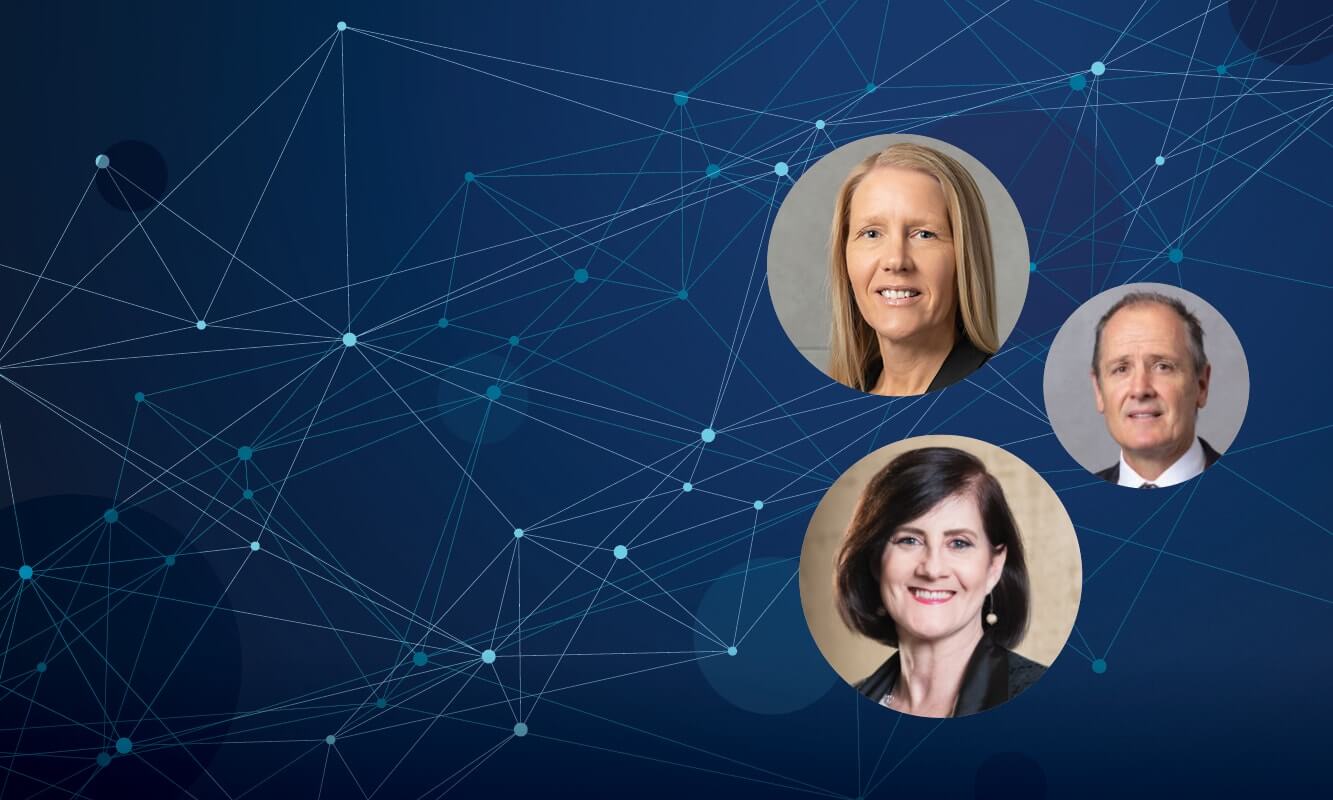
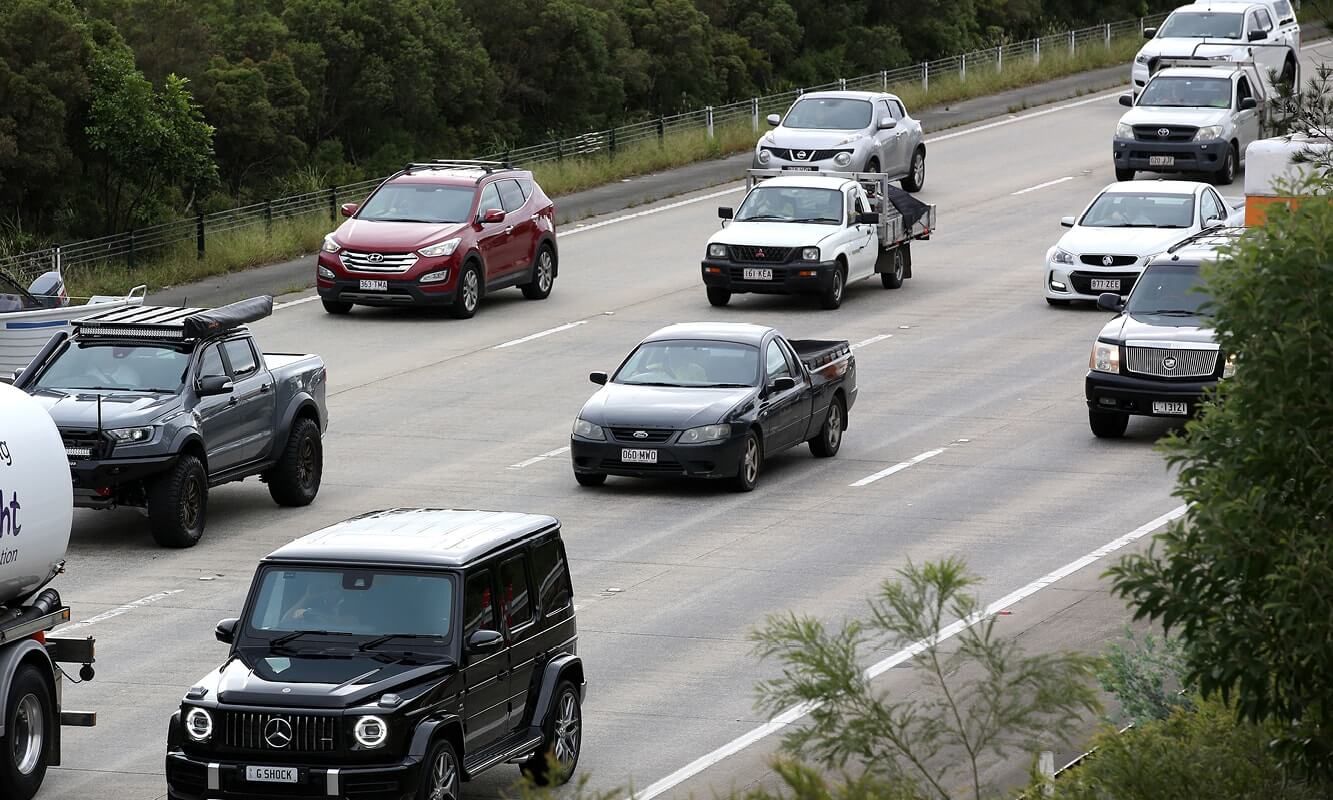
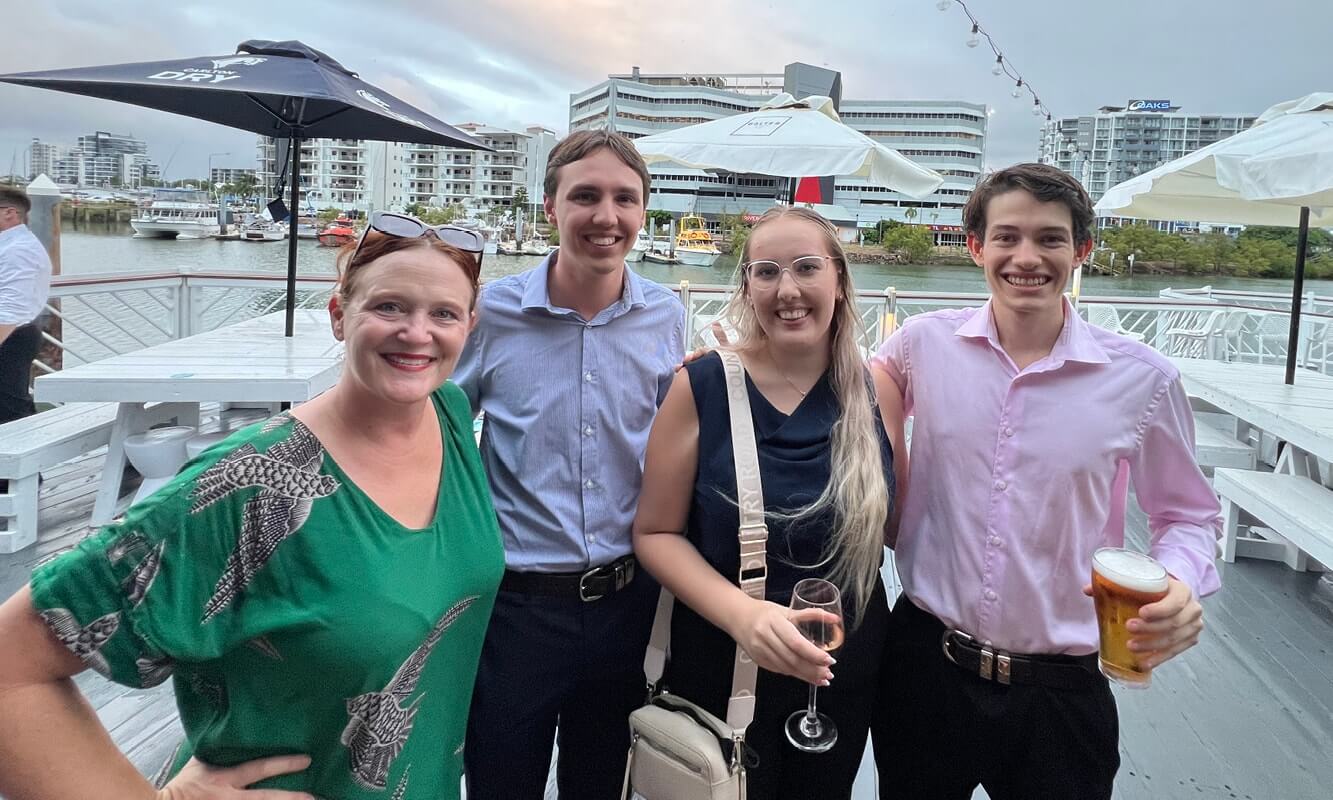


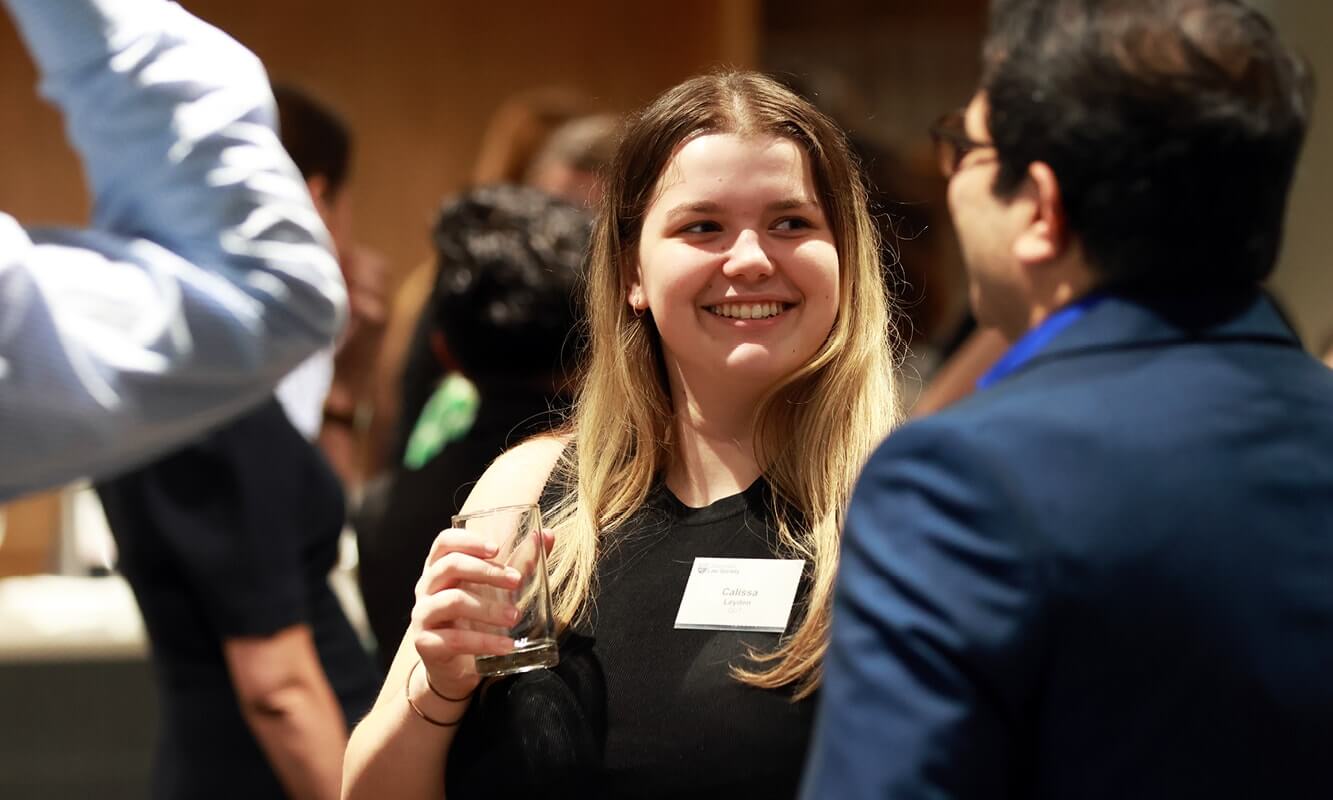

Share this article